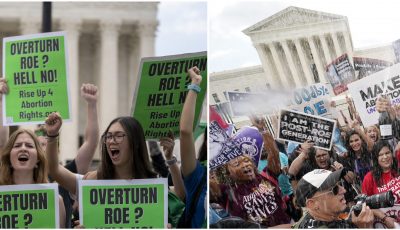Supreme Court affirms decision in Triple J case
On Oct. 23, 2019, the CNMI Supreme Court issued its opinion in Triple J Saipan, Inc. v. Muna, affirming the trial court’s order regarding timeliness of petitioner’s procurement protest and denying petitioner’s motion for a stay, order denying respondents’ motion for reconsideration, and remand to Public School System.
In 2017, Triple J participated in a competitive bidding for the procurement of five school buses. After learning PSS awarded the contract to a different party, Triple J filed a procurement protest. The Commissioner of Education found the agency lacked jurisdiction to hear the protest under the procurement regulations. An appeal of the decision to PSS’ board of appeals committee was denied on the same grounds. The trial court found the agency did have jurisdiction to hear Triple J’s protest and remanded the case to PSS to entertain the merits of that protest. PSS filed a motion for reconsideration, which the court denied.
On appeal, PSS argued the trial court: 1) deprived PSS of procedural due process; 2) abused its discretion in remanding the case to PSS; and 3) abused its discretion in denying its motion for reconsideration.
The Supreme Court found that there is no absolute protected interest in process itself—a recognized substantive right must be altered for the procedures to be protected by procedural due process. It also held that the trial court did not abuse its discretion in expediting the proceedings or in adopting its own interpretation of procurement regulations. The trial court need not defer to agency interpretations that are plainly unreasonable.
Finally, PSS failed to provide sufficient legal basis for its last argument that the trial court abused its discretion in denying the motion for reconsideration.
The high court’s full opinion is available at http://cnmilaw.org/pdf/supreme/2019-MP-08.pdf. (PR)



























